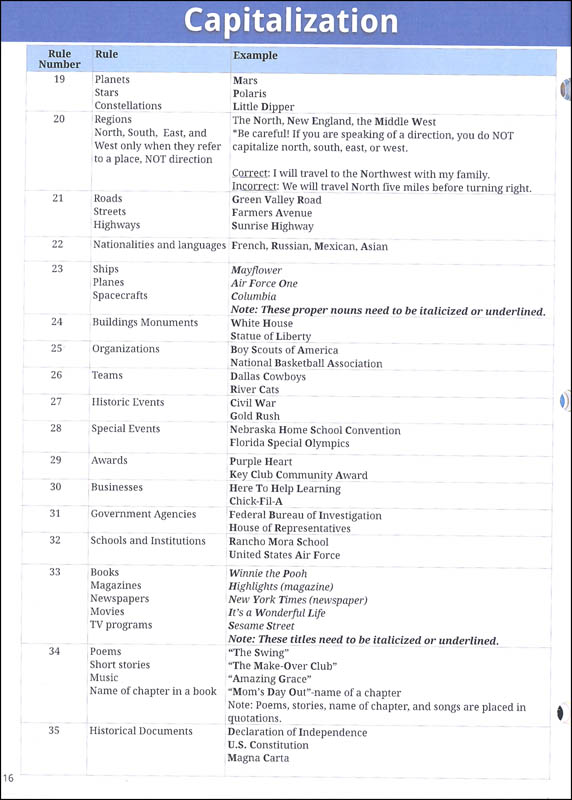

Lastly, William is in conflict with the society especially due to the expectations it has set for him thus keeping him away from his family. Similarly, William is in conflict with himself since he feels that he should be with the family but still leaves for the sake of his career. The discrimination part occurs when William’s wife urges him to stay but William still leaves to attend the meeting in Chicago. Initially, he did not see any sense in appreciation, he considered it a virtue for the weak and those, who want favors, but, Fekadu gives him a new turn and he realizes how he is lucky to be with his family, and why he should rebuild his relationship.

This is a perspective that makes it possible for him to see the essence and value of appreciation. However, through the taxi- driver’s life story, William’s narrow mindedness takes a new turn, and he starts to see things from a different perspective. William is buried down and convinced by his origin, family and pride that he does not see any value, attached to appreciating or receiving appreciation. In the story, Flight Patterns, William displays a character that ignores and defies the virtue of appreciation. Whether given or received, needed or not, appreciation is a universal virtue shared by all people, regardless of their religions, races, ethnicities or cultures. Appreciation revolves around comprehending the various qualities, displayed by individuals and giving them the value that they deserve.

As defined by scholars, appreciation is the act of being grateful and thankful for something. From the story, one apparent factor is true this is the issue of appreciation. Flight patterns lays emphasis on the contradictions and conflicts facing a modern Indian man who experiences hardships as he strives to balance his family, identity and career.


 0 kommentar(er)
0 kommentar(er)
